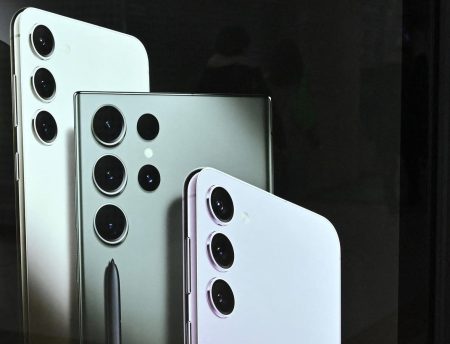Why is Twitter applying for money transmitter licenses? originally appeared on Quora: the place to gain and share knowledge, empowering people to learn from others and better understand the world.
Answer by Brad Oberwager, CEO, Director of Tilia, on Quora:
Reuters recently reported that Twitter is applying for money transmitter licenses (MTLs) in every required U.S. state. While I have no insider knowledge of Twitter, my company lives and breathes MTLs every day, and I think it’s an unsurprising move for a company that has been working to diversify revenue streams beyond just advertising. From Twitter Blue subscriptions to micropayments for publishers, I believe that Twitter has its sights on creating a dynamic economy on its platform, where ads, subscriptions, and direct payments among its users will all be a part of the mix. And MTLs are a critical part of unlocking that third leg of the stool.
To understand why MTLs are so important, you have to first understand what they do. In short, MTLs are legally required for a business to move money for customers in a safe, regulated way. Typically the businesses that require MTLs are currency exchanges, check cashers, and the like, but for a social media platform, MTLs unlock the ability to move money from user-to-user. Imagine, for example, being able to tip someone for their insights instead of just liking a tweet. Or paying for special access to your favorite creator’s exclusive content. Or making a direct purchase from someone right in the app. These are just some of the possibilities that MTLs could unlock.
While each of these transactions are possible today, they require moving to 3rd party platforms – sending tips via Cash App, subscribing to a Patreon, or checking out on a Shopify store. Each time that happens, Twitter (or any social platform) is losing out on potential revenue. If Twitter keeps those transactions within its own ecosystem, they can build user loyalty while also earning a cut. It’s also safer for the user, who doesn’t have to second-guess if the link they’re clicking is legit and doesn’t have to expose their personal identity when they’re transacting with someone they might only know through a Twitter handle and avatar.
With all these potential benefits, it may sound like a no-brainer for every social platform to be securing MTLs. However, there’s a reason why this tactic isn’t widespread. Becoming a registered money transmitter requires applying for licenses in every state, and applying for these licenses does not guarantee you’ll receive them. It can be a lengthy process and requires substantial investment, with both up front costs and ongoing overhead in order to stay compliant. My company, Tilia, was born in order to solve this problem for Second Life. It took many years and $10s of millions to secure the necessary licenses to operate, and today, our payments infrastructure runs Second Life’s $650M economy, processing millions of transactions every day for their users. While Twitter may see value in tackling this regulatory process directly, the reality is most companies are better off outsourcing the licensing and related compliance expertise that comes with MTLs in order to get the same benefits with less headache.
This question originally appeared on Quora – the place to gain and share knowledge, empowering people to learn from others and better understand the world.
Read the full article here










